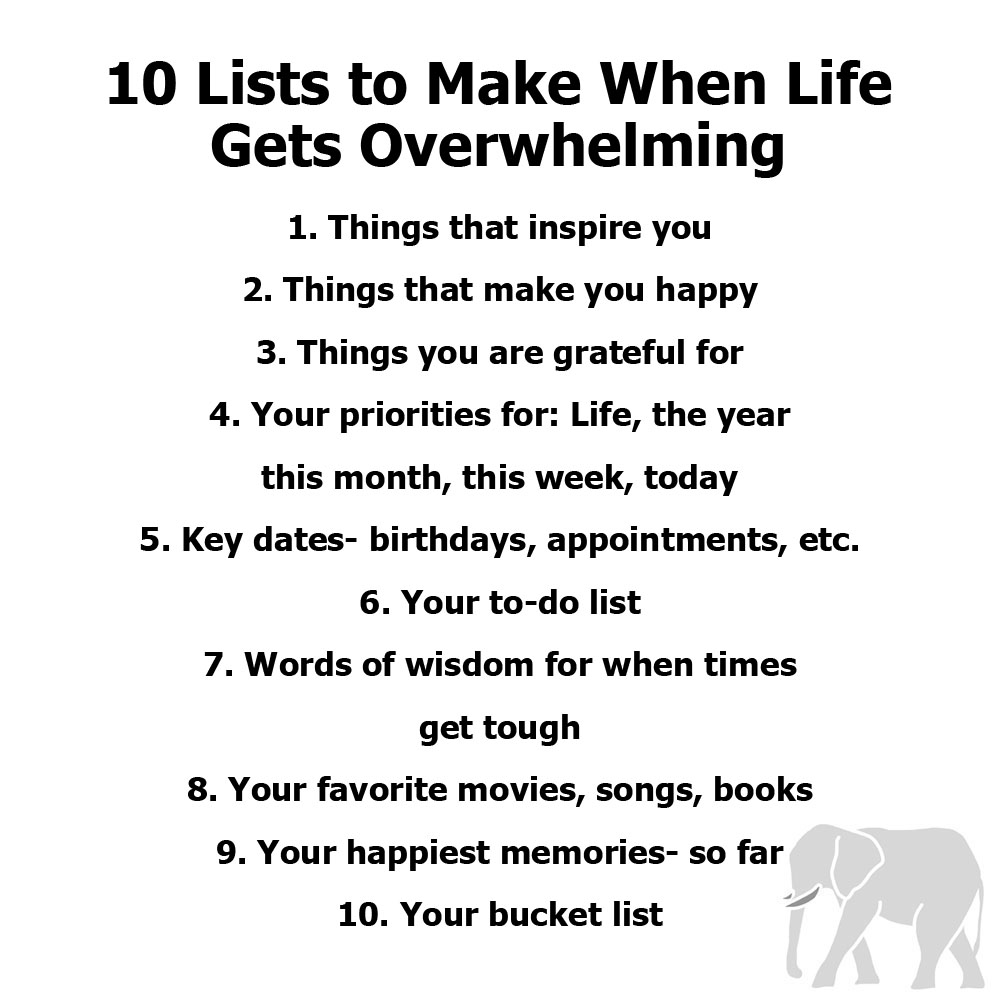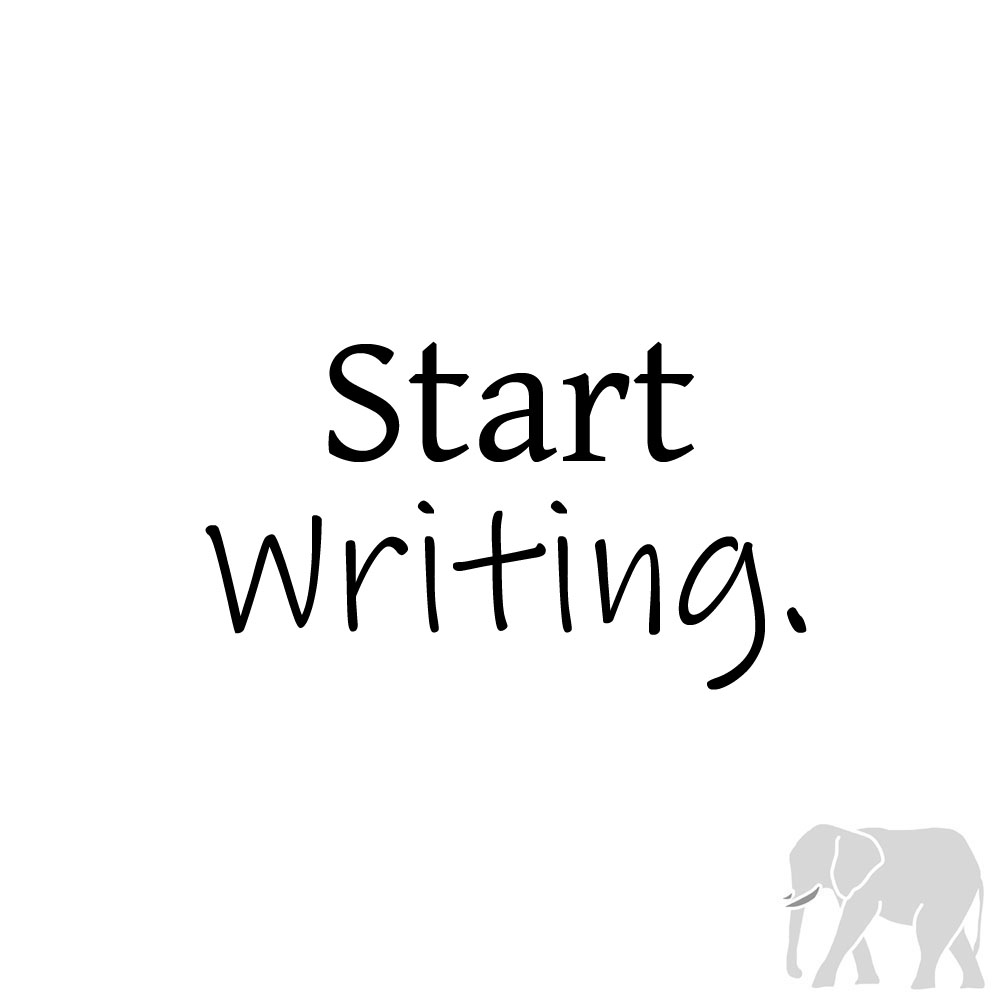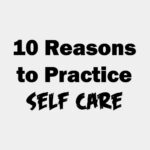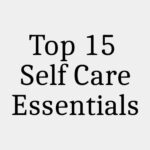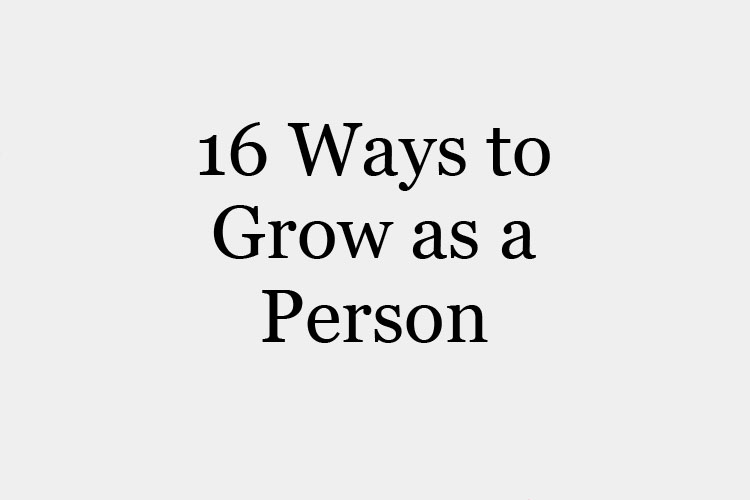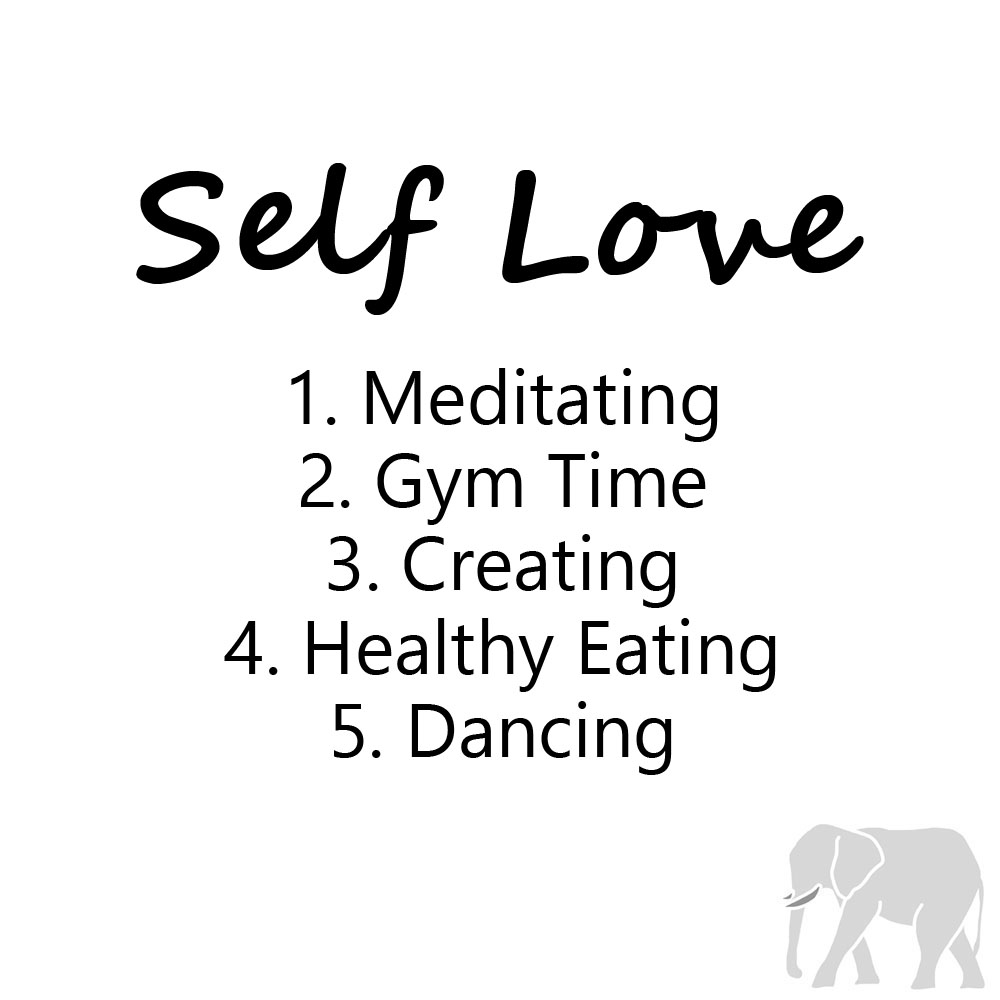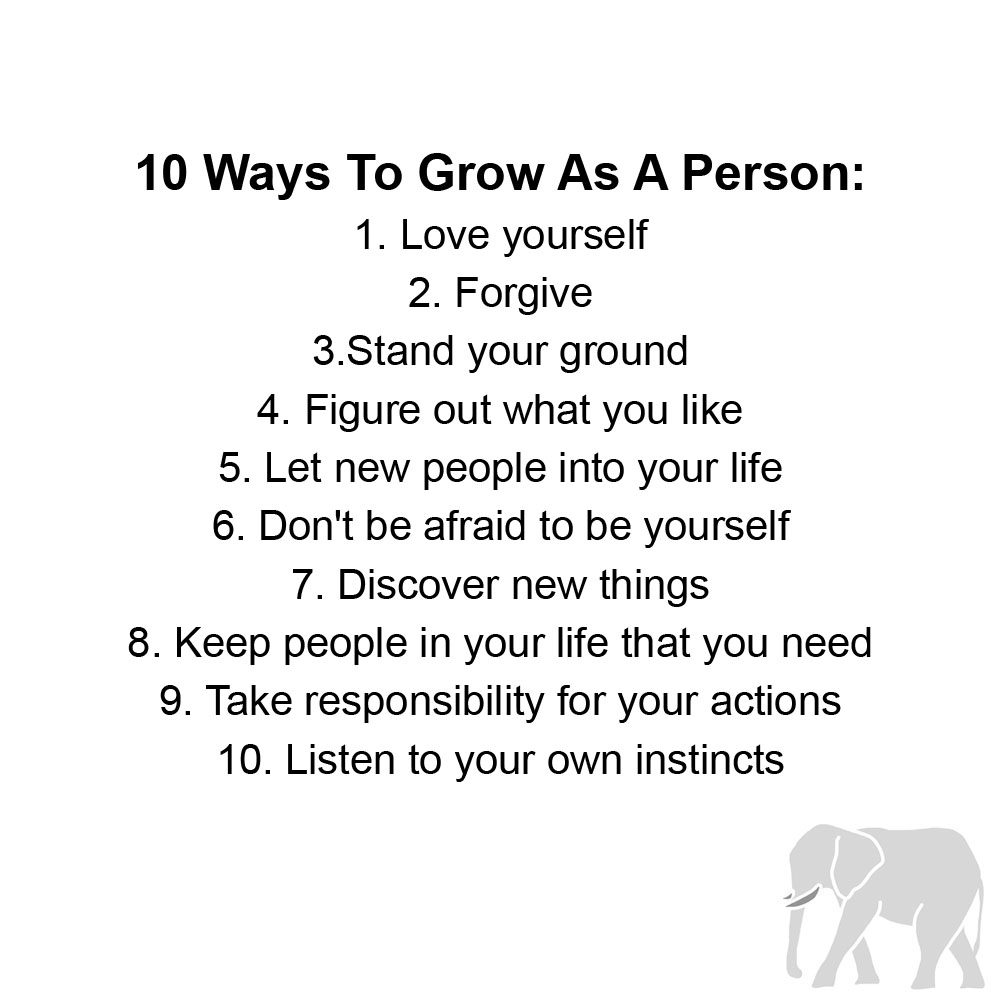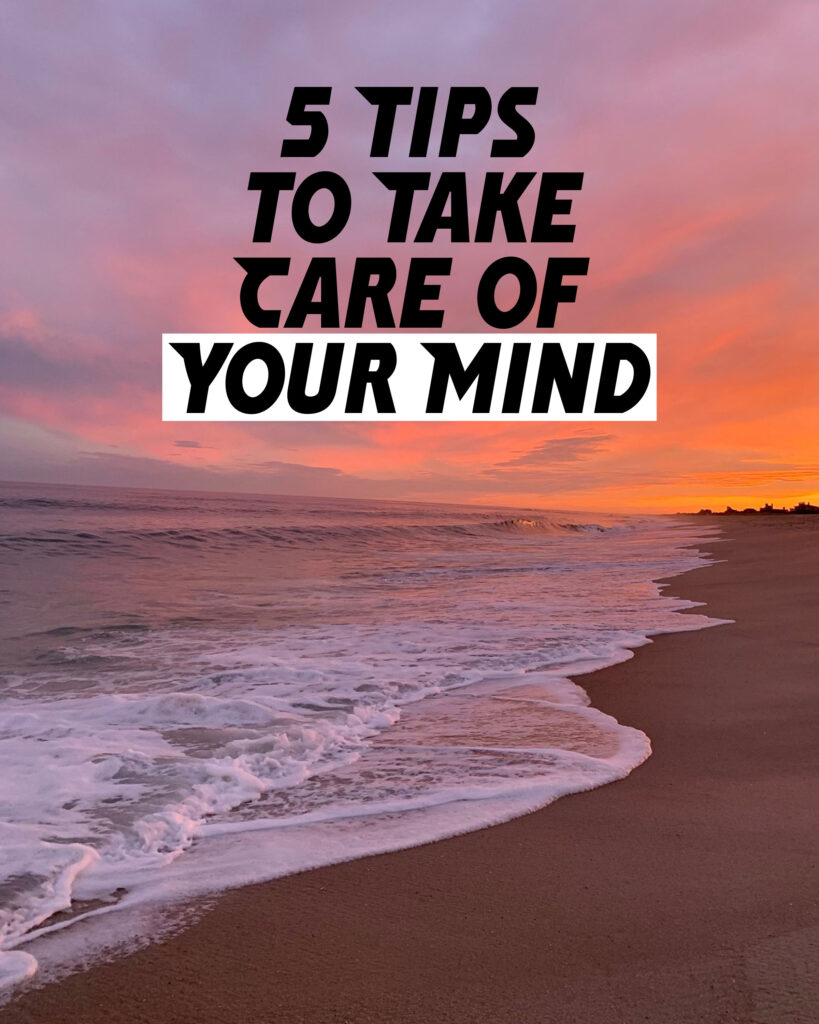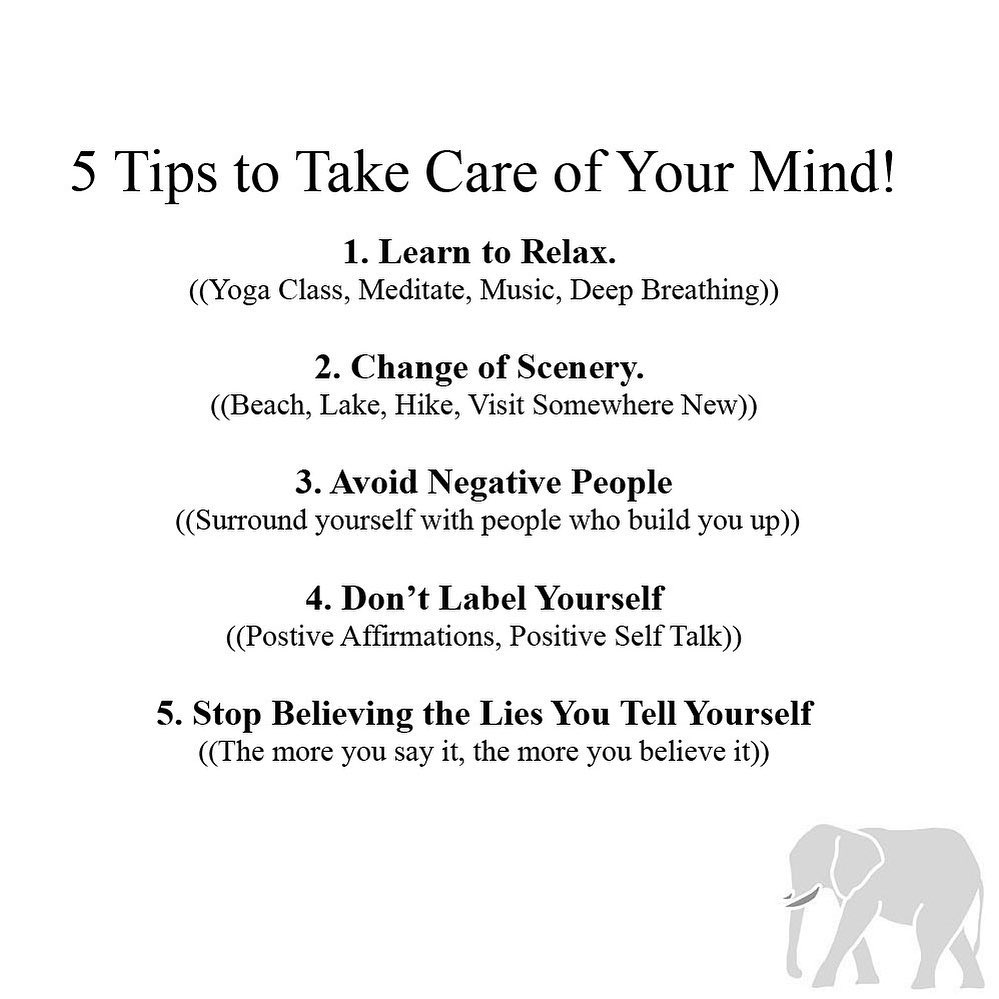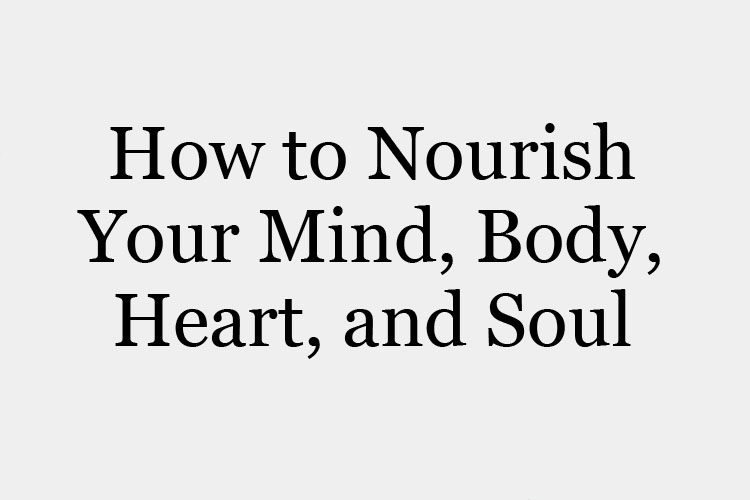
Manifestation Blog Post
What is Manifestation? Manifestation is where your thoughts and energy can create your reality. It is not only believing in yourself, but also in what you want out of life and knowing that you can accomplish it. Once it is real in your head then it is more likely to become real in the physical. Manifestation is claiming your future as yours. The catch is you have to take action everyday.

What is a Vision Board? A vision board is printing out a bunch of photos of things that you want in your future, places you want to go, or who you want to become and putting them together in a collage. Once you see it printed, it will more likely happen for you in your future. For example, you can print out the word ‘positivity’ if you want to lead a more positive life or you can print out a place you want to visit like Greece.

1. Always stay positive! How are you ever supposed to get what you want in life if you are acting like negative Nancy? Well, it simply will not work. If you say things to yourself like, “I know that I can do this, as I simply have it within me… I am great at what I do… I will take action everyday towards what I want… ” then you will more than likely get to your goal, however if you say things like, “I suck… I am not good at anything… I simply cannot do that… or I do not have it within me…” well, you probably won’t end up having it within you and will not take action. Stay positive in your mind. What you think, you become.
2. Say it like it’s already done! If you want to lose weight than you must say it as if you had already lost the weight whether or not, you have. Say things that you have not yet done in order to get to that goal and you’ll more likely take action towards what you want. “I am so fit, as I work out twice a week and run a mile every other day. I am so healthy; in that I drink four to eight glasses of water a day. I am so in shape, as I had fruit for breakfast, and I ate a super healthy salad for lunch.” These statements will help you lose weight, even if you have not done these things yet. Since you have said them out loud, you are now more likely to do them in the future.
3. Do not spend time thinking about anything opposite to what you want. Do not think for a second that you are not worthy of getting what you want. Kind words to speak to yourself include “I deserve to have it all, I am worthy of finding love, XYZ…” versus “I do not deserve to find love” Since you believe you do deserve to find love, it will more likely happen for you. It is all in your head.
4. Meditate on what you want. Breathe in and repeat, “I am beautiful, I am kind, I am successful, I am giving, I am caring, I am clean, XYZ…” whoever you want to become and breathe out the opposite of who you want to be.
5.See it, smell it, feel it, hear it. Create a vision board and repeat out loud whatever it is that you want! Vision boards are an excellent way of seeing what you want prior to it becoming true. Both of these will help.
6. If it’s real in your brain, it will be real in the physical. If you believe in something, then you are more likely to take action. Once you take action everyday towards what you want it will more than likely happen for you.
Stay positive as you manifest your future because you deserve to have it all! Please feel free to comment below if you meditate on what you want or practice any of the tips I have listed above. I would love to hear about your experience!
XOXO,
Ashley
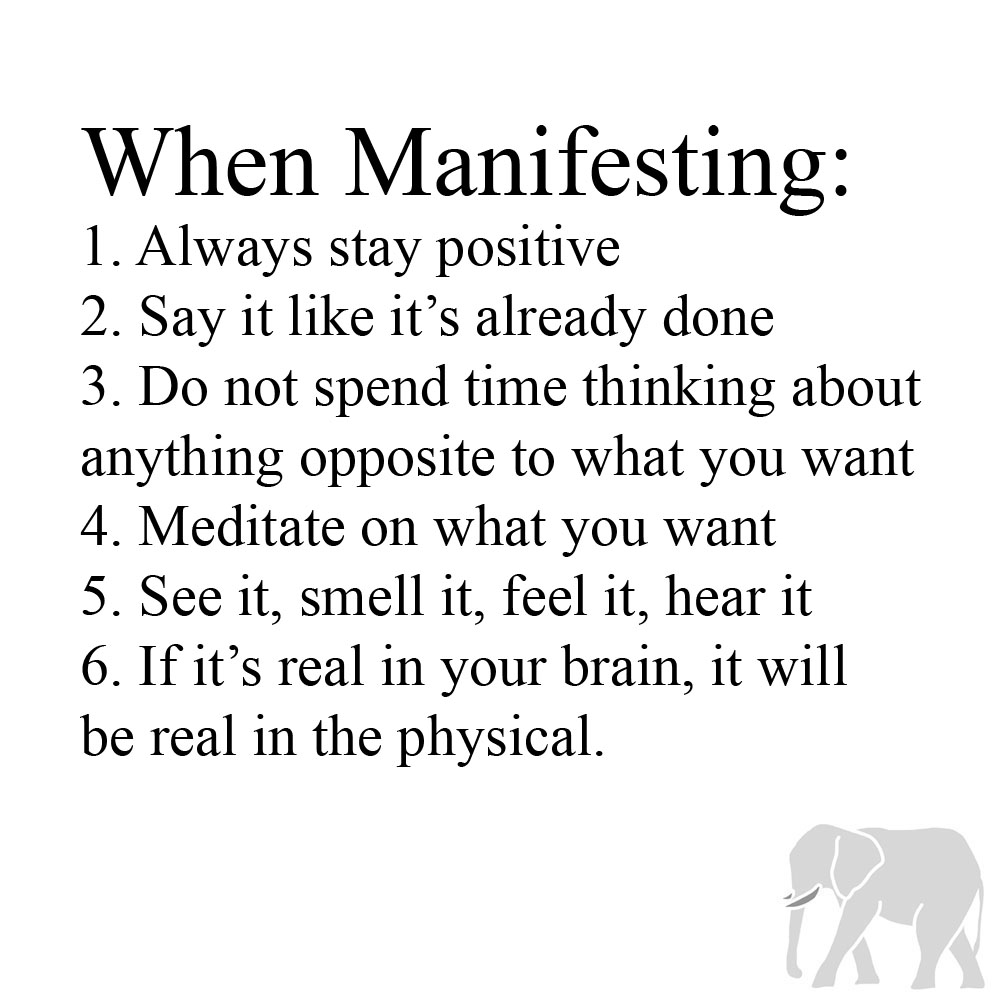

-
 Colorband Caps$8.00
Colorband Caps$8.00
-
 Custom Headbands$335.00
Custom Headbands$335.00 -
 custom headbands$81.50
custom headbands$81.50 -
 Turquoise Headband$8.00 – $12.00
Turquoise Headband$8.00 – $12.00 -
 Tan Headband$8.00 – $12.00
Tan Headband$8.00 – $12.00 -
 Hazel Headband$8.00 – $12.00
Hazel Headband$8.00 – $12.00 -
 Navy Headband$8.00 – $10.00
Navy Headband$8.00 – $10.00 -
 Purple Headband$8.00 – $10.00
Purple Headband$8.00 – $10.00 -
 Yellow Headband$8.00 – $10.00
Yellow Headband$8.00 – $10.00 -
 Light Brown Headband$8.00 – $10.00
Light Brown Headband$8.00 – $10.00


